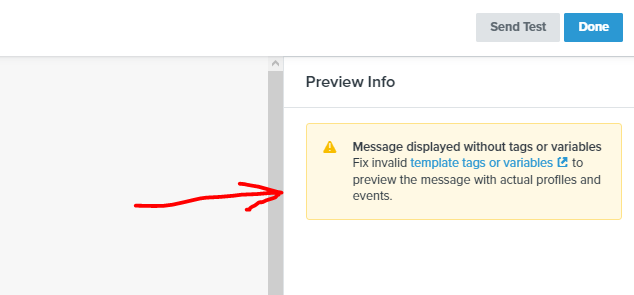Hi,
We struggle to find a way to format item price values with comma every three digits (before the float point).
For example:
- 10283 → should become 10,283.00
- 2938449 → should become 2,938,449.00
Is there a way to do such format, or is it something can’t be achieved with current django string and float format functions in Klaviyo? knowing that django’s intcomma allows such formatting but apparently the function is not supported in Klaviyo.
Thanks,
Loai
Best answer by Taylor Tarpley
View original





![[Academy] SMS Strategy Certificate Badge](https://uploads-us-west-2.insided.com/klaviyo-en/attachment/2f867798-26d9-45fd-ada7-3e4271dcb460_thumb.png)
